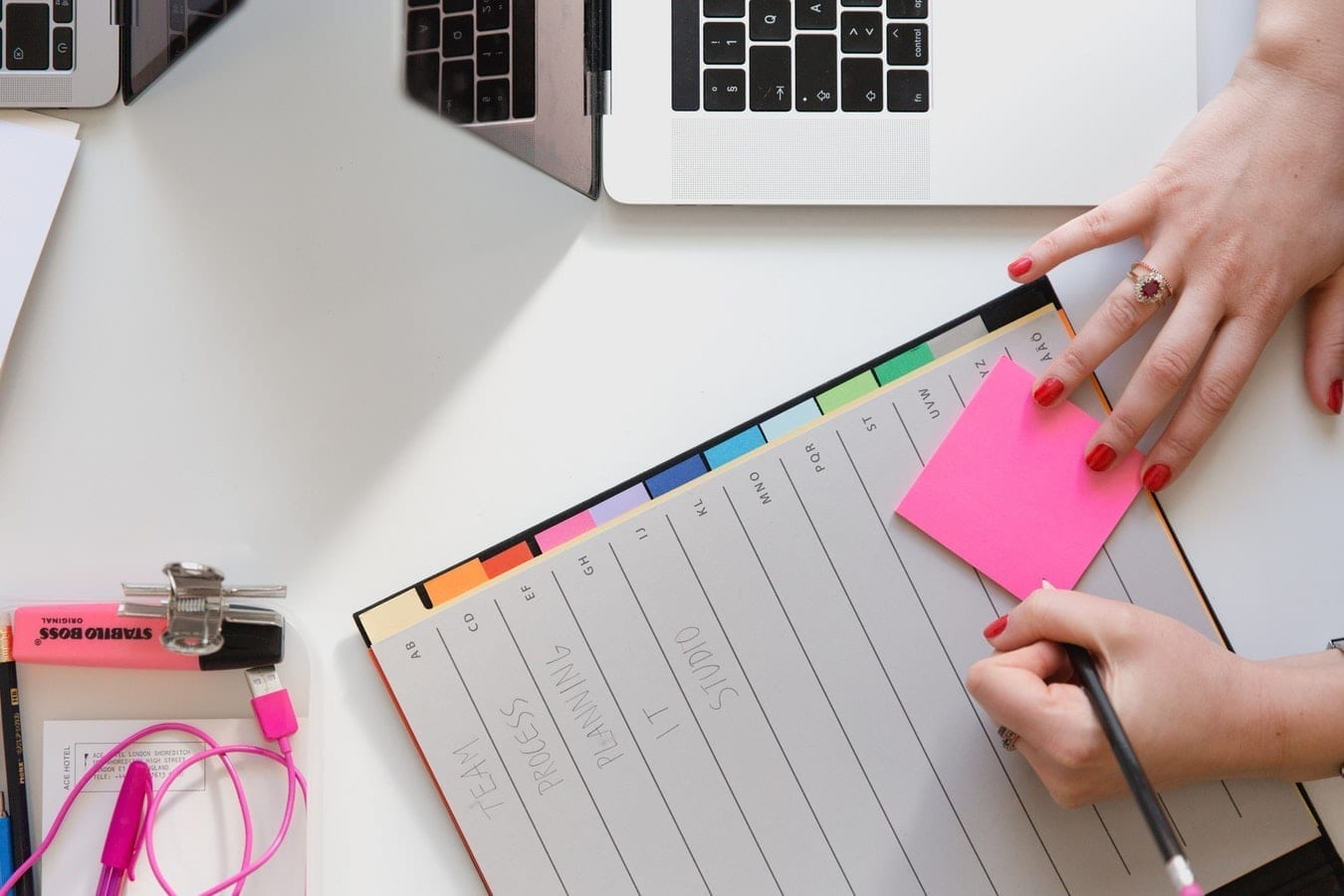I'm a 3rd year Politics and International Relations student from Birmingham. I love training in Brazilian Jiu-Jitsu, running, and flying in a glider near Stratford-Upon-Avon, in Warwickshire. At university I have been learning Arabic outside of class and have an…

These tips are some of the best things that I have tried to improve my essay writing, studying or reading abilities while at university. They may seem strange, but in my experience, they really work!
Change your scene
I find that when I am sitting at my desk in my room for a long time, my mind begins to wander, or I get distracted quickly. One way I have found to combat this, is to go to a different location and start where I left off. This is especially true when I go to the library, as plenty of other people are around me studying, which can often motivate (or even embarrass) me into getting my head down to studying.
Have a drink next to you
Sometimes when I am attempting to study, I find that I need moments away from the book or article, to think about concepts or ideas. In these brief moments, it is easy to get distracted. To counter this I have a bottle of water, cup of coffee or cup of tea next to me that I can take a mouthful of in these moments.
An added benefit of this is the positive effects that caffeine has on your memory retention and alertness. In fact, multiple studies suggest that caffeine improves long-term memory, which is very positive if you are revising for a test. There are also the obvious benefits of staying hydrated too, of course.
Switch subjects regularly
This tip only works if you have more than one set of readings to do, exams to study for, or if you are writing multiple essays at a time. For those with a short attention span (like me) this method can really help to keep a productive momentum. As I come to a natural stopping point in my studying, such as the end of a chapter, and I can feel my mind beginning to go off course, I like to switch to another task, in order to reinvigorate my attention and get back on track.
Often I feel that a less mentally challenging task is best. For example, if I am writing a complicated essay and need a break, I will pick up an article or book that I need to read for that week’s seminars. After a short period of reading, I will get back to my essay with renewed vigour for the task.
This brings me to an important point. Studying all the time is really difficult, and although some people may be able to do this, I am not one of them. I have found that since starting to take part in a sport once or twice a week, I have been able to spend an hour or two with my mind completely off my essay or my assignments. Try it! Although your body may be working hard, it allows your brain to switch off for a while, and this break will often give you the ability to look at problems in a completely different way afterwards.
Listen to music without words
I love listening to music when I am studying, it blocks out conversations and other distracting noises. However, I find that listening to songs with lyrics also distracts my brain from whatever I am reading or writing at the time. The words of the song, plus the words I am trying to study, complicate my brain, and I end up having to re-read what I have just gone over.
There are a couple of ways round this, for example, listening to classical or piano music. Another option is listening to “study music” playlists on YouTube, which will have peaceful and chilled out music on continuously; you can even get playlists of movie scores. One other way to avoid distraction from music is listening to a foreign language artist.
Explain what you are studying to someone else
This one is a tip for after your initial reading is over, and you want to consolidate your learning and test yourself. Ask a friend or family member who is unfamiliar with your subject for help, and then explain the concept you have been studying to them, encouraging them to ask questions as you go along. If you find that you cannot describe in detail your chosen topic, it shows you need to study it further.
If you manage to explain the concept effectively and in detail, it is an indicator that you have a firm grasp of the subject. It does not matter if the person helping understands fully, as answering their questions will help to consolidate your understanding.
Studying, writing and reading are just part of what University entails, which is not always welcome news for some people who find these things difficult. I will admit that before coming to university, I did not comprehend just how much reading I would have to do. However, it is possible to overcome these difficulties and be an effective studier if you keep focused and persevere.
One of the key elements of effective learning is finding the best ways to keep yourself focused and productive in study sessions. Here are some apps that have helped me and might work for you!
- Flora – This app is for group studying, the idea is that as a group, your phones connect and plant a seed together. If anyone gets distracted and uses their phone, the seed will die.
- Quizlet – An app designed to improve your memory with flash cards, especially good for memorising short facts and figures if you have an exam coming up.
- Evernote – Great for organisation, to-do-lists and note taking.
This article is featured on Learning at Lincoln.
Please note: This content was created prior to Coronavirus, and some things might be different due to current laws and restrictions. Please refer to the University of Lincoln for the latest information.




